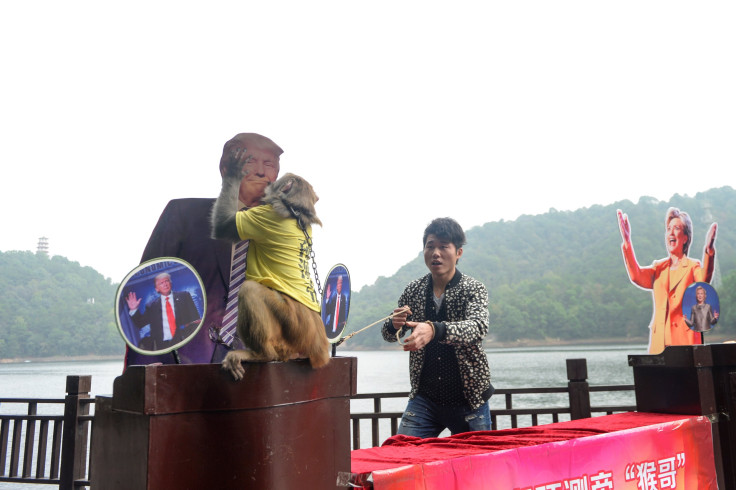Trump And China: iPhone Sales Could Be Cut If President-Elect Wages Trade War Against Beijing

Chinese media threatened Sunday to slash bilateral trade with the U.S. if President-elect Donald Trump made good on his promise to impose tariffs on goods imported from China. The Communist Party-controlled Global Times vowed China would retaliate against Trump's proposed 45 percent tariff.
“If Trump wrecks Sino-U.S. trade, a number of U.S. industries will be impaired. Finally the new president will be condemned for his recklessness, ignorance and incompetence,” the newspaper wrote in an editorial.
The article listed Boeing airplanes, iPhones and crops such as maize and soybeans as goods that would be affected by Chinese countermeasures. It also stated that the number of Chinese students studying abroad in the U.S. could be cut if Trump adopted policies harmful to its trade with China, which the author described as "based on mutual benefits and a win-win situation."
Trump claimed on the campaign trail he intended to limit China's influence on the U.S. economy by encouraging companies to manufacture at home. One of Trump's economic advisors, Judy Shelton, declared Friday that Trump would carry through with his campaign promises, but Wilbur Ross, one of Trump's senior policy advisors, told Yahoo Finance that the president-elect would avoid unnecessary conflict.
“There aren’t going to be trade wars,” Ross said in an interview Friday.
Chinese President Xi Jinping called Trump after his electoral victory Wednesday to congratulate the next president and discuss economic and military policies. China's public stance on Trump's success has been relatively cautious since his election and Sunday's editorial marks perhaps the harshest message yet from the world's second-largest economy to its largest.
Foreign ministry spokesperson Lu Kang told reporters last week: “I believe that any U.S. politician, if he takes the interests of his own people first, will adopt a policy that is conducive to the economic and trade cooperation between China and the U.S.”
© Copyright IBTimes 2025. All rights reserved.





















